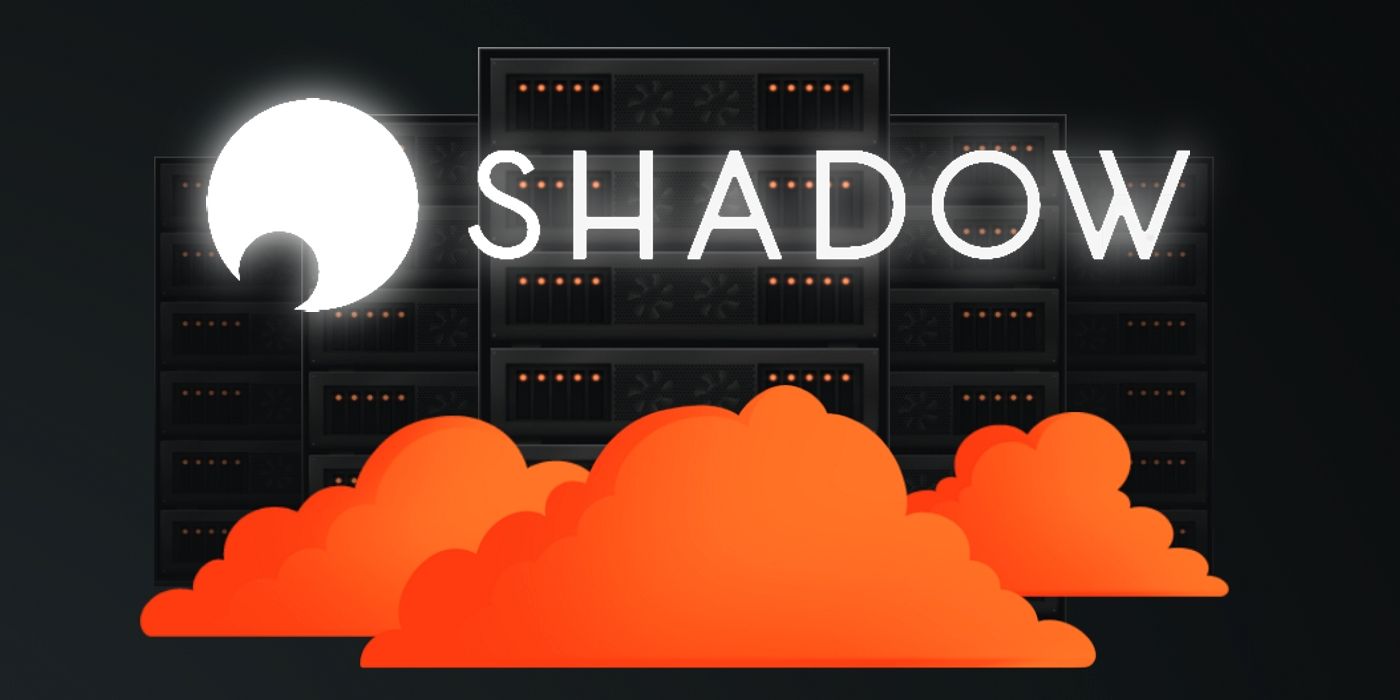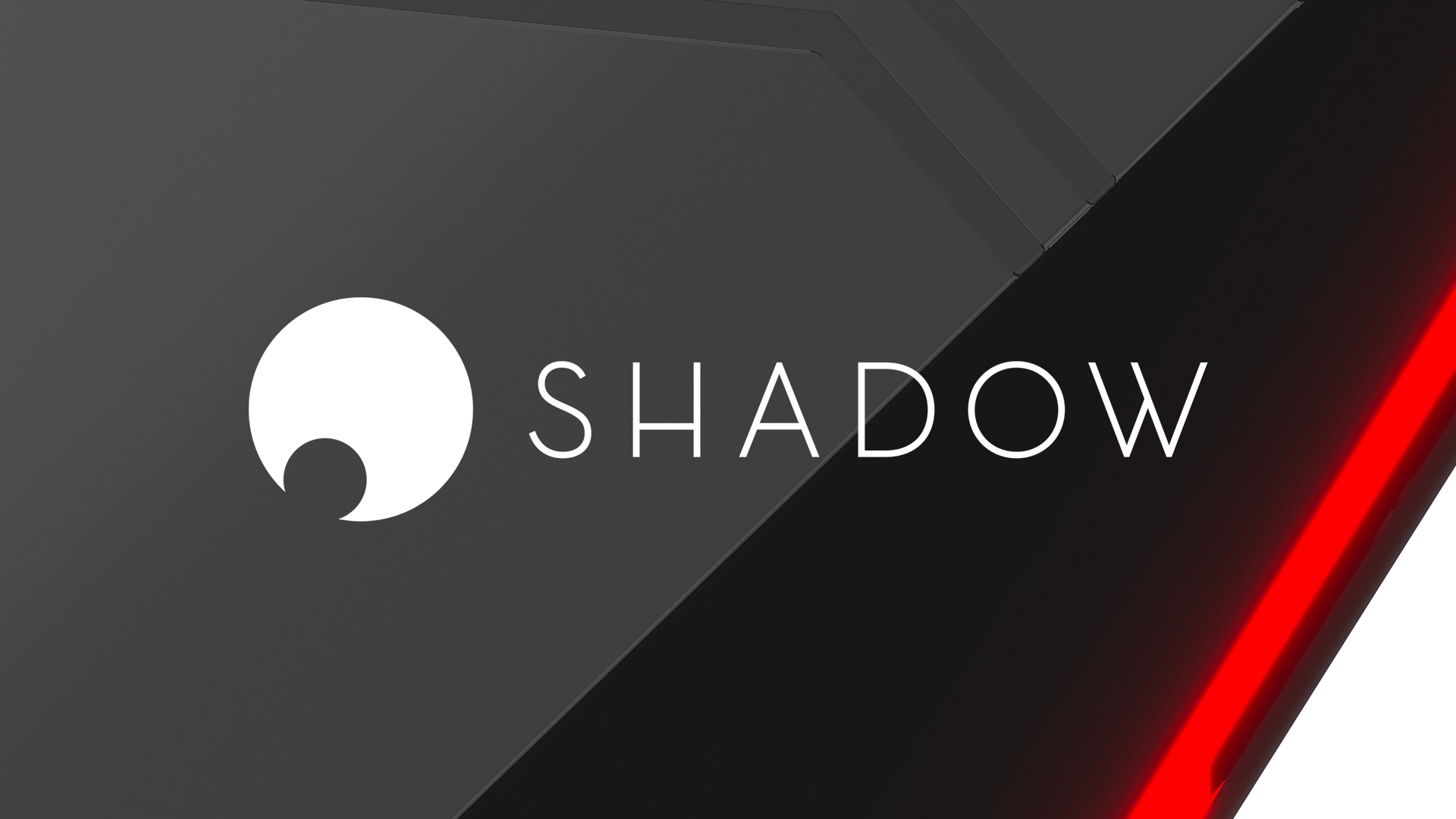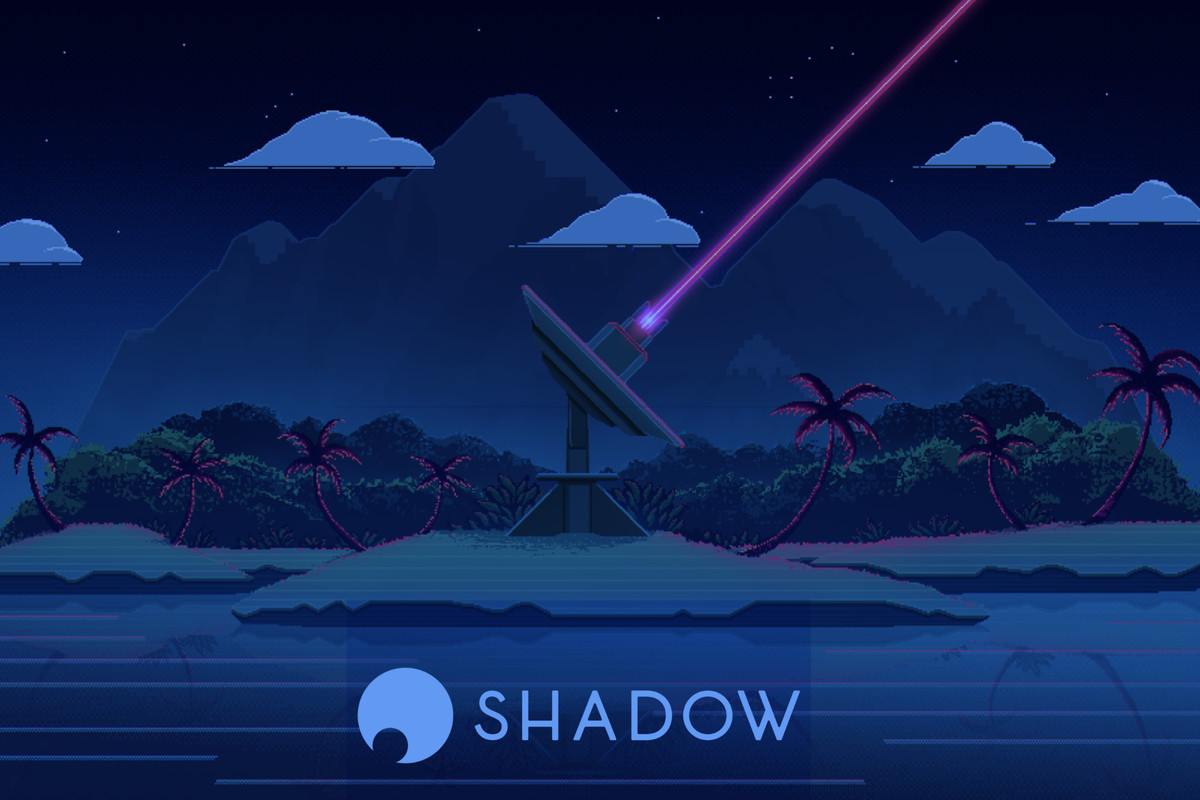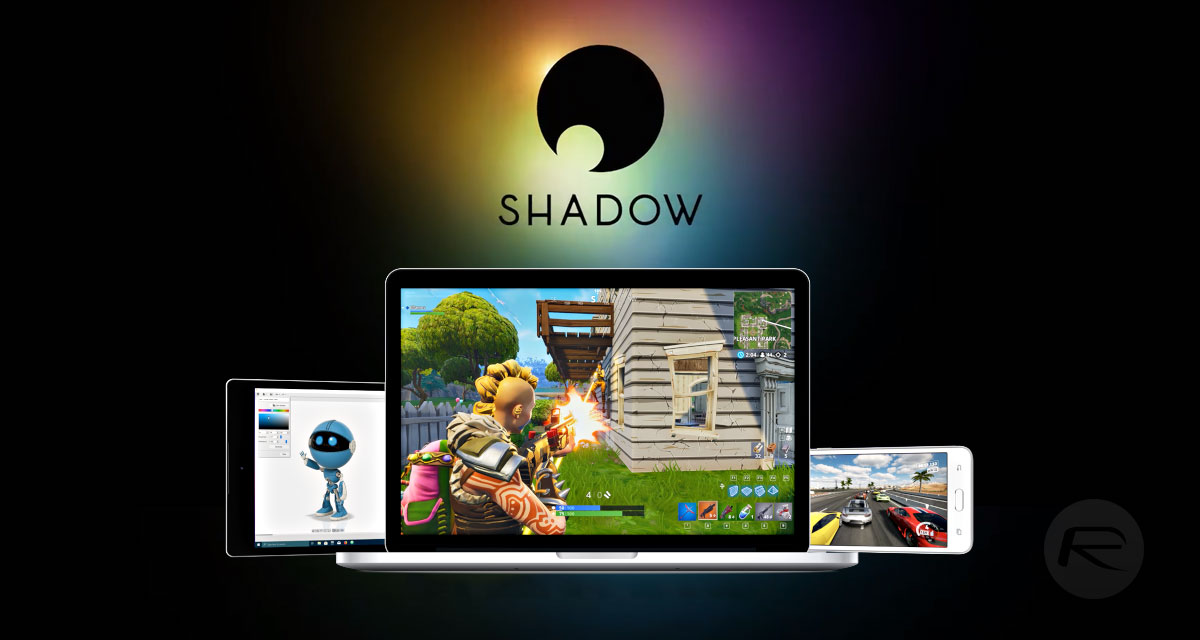
Unfortunately, most people do not have the spare cash for a $1,000 gaming PC, never mind the cutting edge components that often cost the same price. Most recently, this problem reared its head with the Nvidia 30 series, where demand far outstripped the supply of the latest graphics cards. So, what is a discerning gamer to do? Well, "cloud gaming" might offer a solution. Services like GeForce Now, Google Stadia, Amazon Luna, and Shadow are cloud gaming services that stream games from beefy machines to whatever hardware players happen to have.
Of course, the ability to stream from a high-end machine is not free, but cloud gaming might be more cost productive than procuring a new PC. Even the pricier options could be a great choice for gamers who want taste of PC gaming's upper capabilities on a budget. Shadow is a particularly useful offering for this.
RELATED: As Google Stadia Scales Back, Xbox Cloud Gaming Pushes Forward

Like Google Stadia and Nvidia GeForce Now, Shadow's business model revolves around streaming resource-intensive software from powerful PCs onto less powerful hardware. If there is a good internet connection available, customers can stream the newest games on high settings to hardware that would struggle and strain with it otherwise. It boasts 60 FPS streaming at 4K and 144 FPS in full HD. Of course, customer's mileage will vary based upon their internet connection. Shadow's basic package, "Boost," offers a reasonably powerful machine to stream from.
This includes an Nvidia GeForce GTX 1080 graphics card, 12 GB of RAK, 256 GB secured SSD storage and a 64-bit Windows 10 operating system. Soon, Shadow will also offer upgrade packages ("Ultra" and "Infinite") with more powerful hardware. Hardware available in the upper tiers include hybrid SSD/HDD storage, and ray-tracing ready Titan RTX graphics cards.
Shadow is one of the best game streaming programs out there. It is more expensive than other services, but it is often faster, more reliable, and more flexible than other PC streaming products. When compared to programs like Amazon Luna, Shadow tends to have less input latency and a more stable stream. In particular, a stable stream without massive dips in FPS for games like Counterstrike and Apex Legends is particularly handy. What stands out about Shadow is its relatively low internet strength requirements.
While many services recommend 25 to 50 Mbps of download speed, Shadow only recommends 15 Mbps for a steady, high resolution stream. Its other minimum specs are also lower, only requiring 2GB of RAM and DirectX 9c to start streaming. Although hitting the recommended specifications is better, having these lower entry requirements is good for the service.

Shadow costs a base price of $11.99 per month. This is more expensive than most other cloud gaming subscriptions, but is arguably worth it for the expansive feature list. While other, more established game streaming services have additional subscription tiers, Shadow currently only has "Shadow Boost" available. This is over double the price of competitors like Amazon Luna, which is currently in early access. Arguably, Shadow offers more than just an on-demand gaming service, which would explain its heftier price.
RELATED: Microsoft's xCloud is Probably Looking Very Closely at Google Stadia Right Now
Shadow's most competitive opponent is Nvidia's GeForce Now, which offers comparable performance at a lower price, but Shadow slightly outmatches Nvidia's offering. Both programs are surprisingly similar, as they use the customer's own games libraries to stream from, rather than a preselected library like with Luna. Both cost similar amounts, with GeForce clocking in at 3 dollars cheaper. GeForce Now also offers a free subscription option for prospective customers to trial the program. This is limited to an hour session per day, but is still a nice addition. However, for the extra three dollars a month, Shadow offers a lower internet strength requirement, an entire virtual machine, and lower latency. So, if a virtual gamer's budget allows for the 12 dollars a month, Shadow is arguably better than GeForce Now.
Shadow is as safe as its subscribers make it. The central concern with Shadow is a lack of explicit end-to-end encryption when establishing a connection between the two machines. However, its website contends that Shadow PCs are just as secure as any regular Windows PC. Shadow machines have Windows Defender enabled at start-up, and users can port any antivirus software they already own to their Shadow machine.

Ultimately, yes, Shadow might be more expensive than other cloud gaming programs, but that higher price provides customers with a few juicy features. While most of these benefits have been explained so far, prospective cloud gamers might be wondering: are cloud gaming services ever worth it? Well, a breakdown of the different components that Shadow offers could demonstrate why it is worth it. In particular, the graphics cards and processor the program uses shows why a subscription service might be better.
The equivalent to Shadow's GPU is the Nvidia GeForce 1080, which retails for around $600 before shipping, and the closest comparison to its processor would probably be a quad-core Intel i7 or AMD Ryzen 7 series. A gaming PC with high specs like these could cost over a thousand dollars to buy. When compared to this entry price, a flexible subscription model like Shadow could end up much cheaper (it would take approximately 77 months for a Shadow subscription to cumulatively cost over a thousand dollars). If customers are looking to experience the highs of PC gaming without the constant part care and upgrade process, Shadow is an attractive, and potentially cheaper, option.
MORE: How Google Stadia Went from Cloud Gaming Giant to Wisp of Smoke

